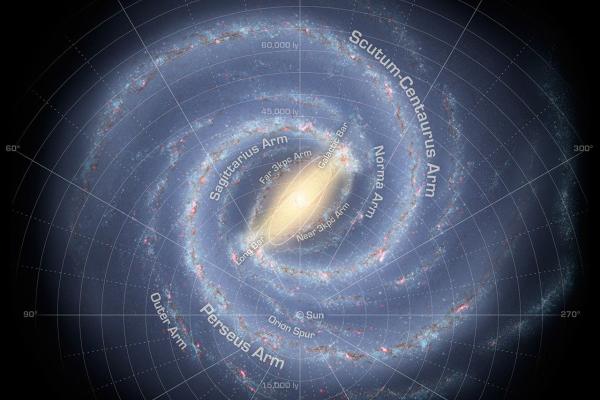
Thu, March 27, 2025
1:30 pm - 2:30 pm
McPherson 4054
Title: Machine Learning for Galactic Dynamics - model-free analyses of Gaia: mapping the local potential, dust, and dark matter
Speaker: Eric Putney, PhD student, New High Energy Theory Center (NHETC) at Rutgers University
Abstract:
The massive Gaia survey coupled with novel techniques in machine learning, has ushered ina new era of astrometry - the study of the motions of stars - allowing particle physicists to study the influence of dark matter on stars in our galactic neighborhood. In particular, I am interested in using normalizing flows to accurately model the complex six-dimensional phase space of local stars, allowing us to solve the equilibrium collisionless Boltzmann equation in full generality. I will present a brief timeline of flow-based solutions to the Boltzmann equation, demonstrating its success in toy systems and the road to the analysis of the real Gaia DR3 six-dimensional dataset. Finally, I will present our map of the local gravitational potential, the local dark matter density, and the outlook for and challenges of this novel analysis.
